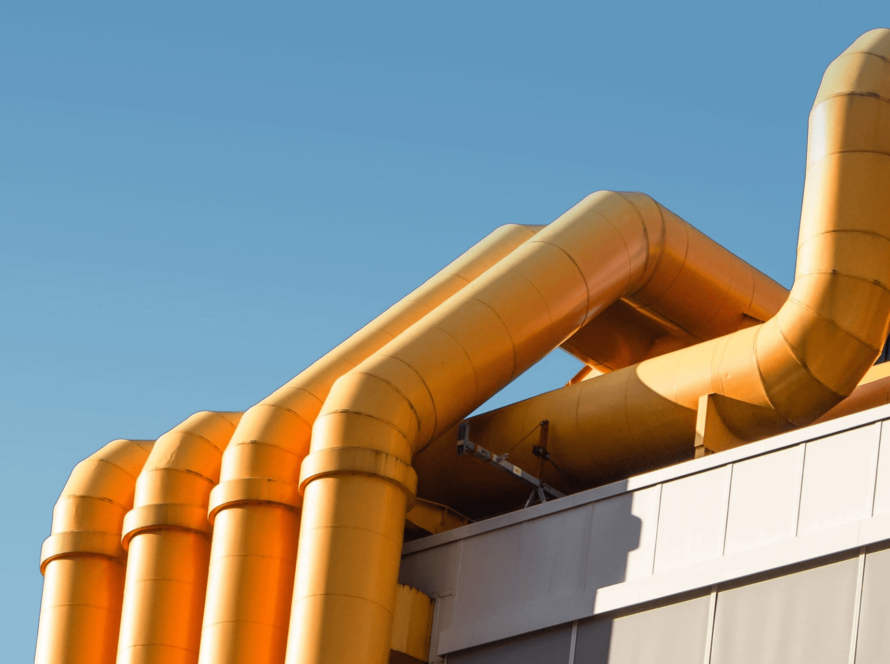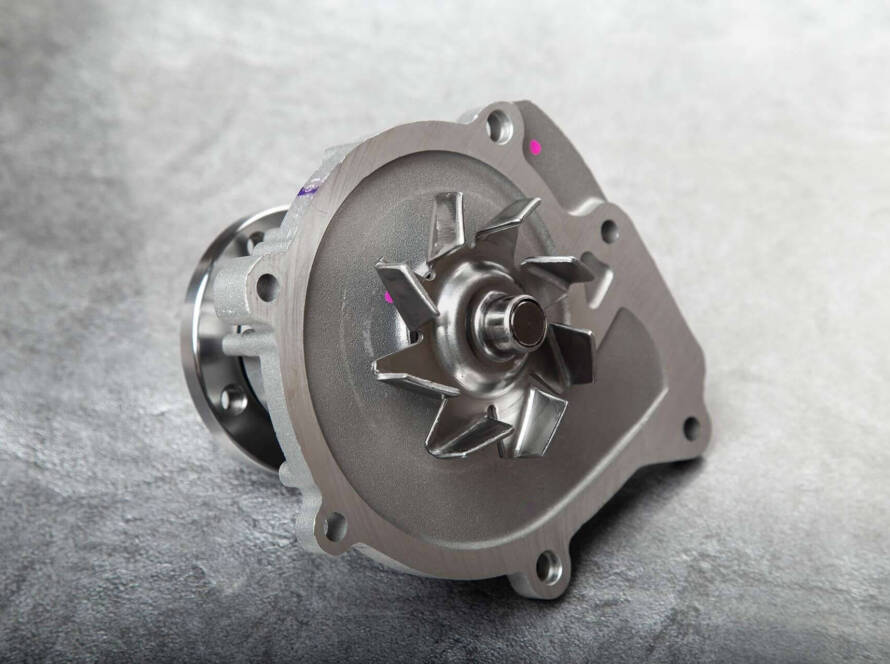Aluminium casting is a versatile and widely used manufacturing process, known for producing intricate shapes and designs with excellent mechanical properties. However, selecting the right aluminium alloy for your casting needs can be challenging given the numerous options available. This guide will help you understand the factors to consider when choosing the right aluminium alloy for your casting projects.
Understanding Aluminium Alloys
Aluminium alloys are categorized based on their primary alloying elements and are divided into series. The most common series used for casting are:
– 1xxx Series: Pure aluminium with high corrosion resistance and excellent thermal and electrical conductivity.
– 2xxx Series: Alloyed with copper, offering high strength and excellent machinability, but lower corrosion resistance.
– 3xxx Series: Alloyed with manganese, providing good corrosion resistance and moderate strength.
– 4xxx Series: Alloyed with silicon, known for excellent wear resistance and lower melting points.
– 5xxx Series: Alloyed with magnesium, offering good corrosion resistance and weldability.
– 6xxx Series: Alloyed with magnesium and silicon, balancing strength, corrosion resistance, and formability.
– 7xxx Series: Alloyed with zinc, providing the highest strength but often requiring heat treatment.
Factors to Consider
Mechanical Properties
Different casting applications require specific mechanical properties such as strength, ductility, and toughness. For high-strength applications, consider alloys from the 2xxx and 7xxx series. For applications needing good corrosion resistance and moderate strength, 5xxx and 6xxx series alloys are suitable.
Corrosion Resistance
If your casting will be exposed to harsh environments or corrosive elements, prioritizing corrosion resistance is crucial. Alloys from the 1xxx, 3xxx, and 5xxx series offer excellent corrosion resistance, making them ideal for marine or outdoor applications.
Heat Treatability
Some aluminium alloys can be heat-treated to enhance their mechanical properties. If your casting needs higher strength, consider heat-treatable alloys from the 2xxx, 6xxx, and 7xxx series. Non-heat-treatable alloys like the 1xxx, 3xxx, and 5xxx series rely on work hardening to improve their strength.
Machinability
If your casting requires extensive machining, choose an alloy with good machinability. The 2xxx and 6xxx series alloys are known for their excellent machinability, making them easier to work with during post-casting processes.
Weldability
For projects requiring welding, the alloy’s weldability is a key consideration. Alloys from the 5xxx and 6xxx series offer good weldability, ensuring strong and reliable joints.
Cost
Budget constraints also play a significant role in alloy selection. While high-performance alloys offer superior properties, they can be more expensive. Balancing cost with performance requirements is essential for cost-effective casting solutions.
Common Aluminium Casting Alloys
A356 (Al-Si-Mg)
– Properties: High strength, good corrosion resistance, excellent castability.
– Applications: Automotive components, aerospace parts, and industrial machinery.
319 (Al-Si-Cu)
– Properties: Good strength, excellent castability, moderate corrosion resistance.
– Applications: Engine blocks, cylinder heads, and automotive components.
535 (Al-Mg)
– Properties: Excellent corrosion resistance, good strength, and good machinability.
– Applications: Marine components, outdoor equipment, and chemical processing equipment.
7075 (Al-Zn-Mg-Cu)
– Properties: Highest strength, good machinability, limited corrosion resistance.
– Applications: Aerospace components, high-stress applications, and sporting equipment.
Conclusion
Choosing the right aluminium alloy for your casting needs requires careful consideration of the mechanical properties, corrosion resistance, heat treatability, machinability, weldability, and cost. Understanding the unique properties of each alloy series will help you make an informed decision, ensuring your casting project meets its performance and durability requirements. For specific applications, consulting with a metallurgist or material scientist can provide valuable insights and recommendations tailored to your project’s needs.
By selecting the appropriate aluminium alloy, you can optimize your casting process, achieve superior product performance, and enhance the overall quality and reliability of your cast components.


